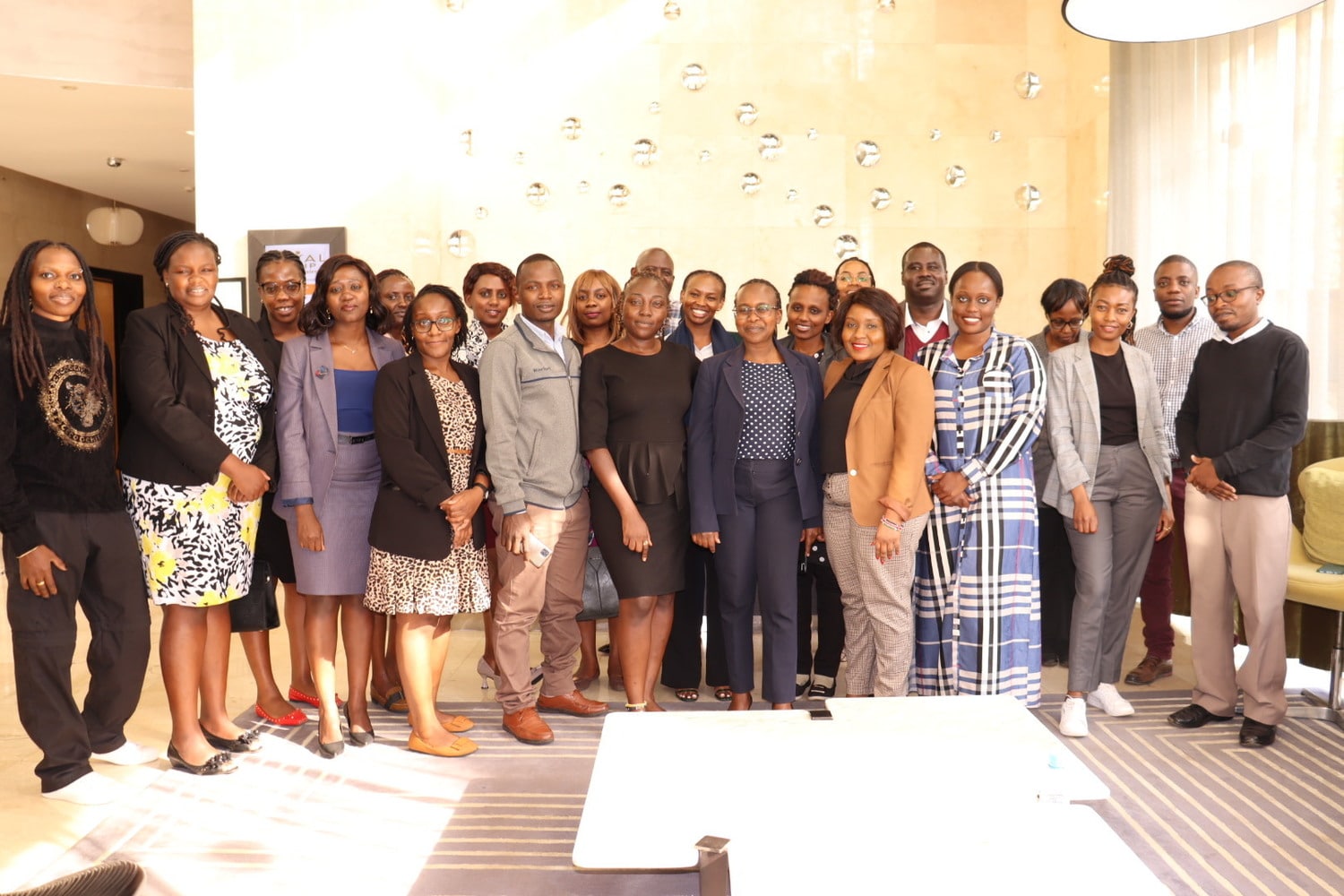Digitalization has increased instances and the intensification of online violence within the digital sphere due to anonymity, automation, remote action, easy accessibility, and dissemination. Consequently, victims are being silenced and pushed out of digital spaces.
Online gender-based violence is an action by one or more people that harm others based on their sexual or gender identity or by enforcing harmful gender norms. This action is carried out using the Internet and mobile technology and includes stalking, bullying, sexual harassment, defamation, hate speech, and exploitation.
The violence disproportionately targets women with voices online, with the perpetrator’s goal to silence them. It is one of the biggest obstacles to gender equality and the realisation of women’s rights. Girls, boys, and the LGBTQ+ community are also frequent targets of cyber violence.
Online Gender-Based Violence is a human rights violation that silences and harms women, LGBTQIA+ people, journalists and politicians. Today, follow us @KICTANet and @giz_gmbh to #ENDOGBVKE and reclaim digital spaces. ▶️ https://t.co/Q0c0pVKNZj https://t.co/ftv5qrSudv pic.twitter.com/g8x72NQmWv
— KICTANet (@KICTANet) August 18, 2023
Harms of OGBV
As with many forms of offline violence, OGBV carries psychological, physical, and economic impacts on its victims. Often, gender-based violence that begins online can transition to actual physical violence on the target offline.
Self-censorship is a common coping mechanism by the victims of OGBV. Women who have experienced forms of OGBV may lose their voice and online identity by altogether avoiding social media or reducing their engagement. Single or multiple occurrences of negative online interaction for women often suppress their freedom of expression.
The grimmest consequence of OGBV is that women withdraw their digital participation. The complete absence of women online adds to the historical digital divide and imbalance of having more men online than women. Cecilia Maundu, while delivering her presentation at the training, noted that conversations revolving around the experiences of actual women would have an imbalanced audience.
Minimizing Effects
No preparation can help one deal with the full impact of being subjected to OGBV. A few coping mechanisms can help you get through the rough patches and minimize who has access to you online.
Some common coping methods include changing social media settings and preferences, digital detox, blocking accounts, and asking for help from their cyber community.
Law enforcement officers who handle these cases often have to deal with the graphic details of various forms of violence women go through. Mental health expert Lowry Achieng’ speaking to the officers that deal with many severe instances of gender-based violence, advised them to consider occasionally visiting a therapist.
Legal Redress Options in Kenya
Online-based violence is difficult to cope with due to the redress mechanisms available in Kenya when one is subjected to OGBV. A report revealed that 66% of women preferred to block the perpetrators. 14.5% resorted to deleting or deactivating their accounts, and 12.2% stopped using a digital service after experiencing online violence.
However, Kenya has comprehensive legal frameworks that address the issue of OGBV. These include the Constitution of Kenya 2010, the Computer Misuse and Cyber Crimes Act, the Sexual Offences Act, and the Data Protection Act. Furthermore, in 2022, Kenya passed its Children’s Act which includes online abuse such as cyberbullying, grooming and solicitation, cyber enticement, cyber harassment, and cyberstalking.
The Roles of law enforcement officers in enhancing the prosecution of OGBV include investigation and evidence collection, protection and support for victims, collaboration with tech companies, and public awareness and education.
Try Your Best at Cyber Hygiene
There are efforts to protect the data privacy of individuals online using products like the DuckDuckGo open-source search engine that does not store your personal information. You can also re-check the privacy settings of your social media accounts to restrict the audience that has access to the information you post. Moreover, ensure you always have two-factor authentication enabled to minimize the occurrence of unauthorized access.
Digital safety is subjective rather than objective thing. One is always advised to try what works best for their privacy needs.
This workshop is part of a series of trainings by the Gender Program and GIZ on online gender-based violence. From last year’s project, the Gender team identified the need for customized training for law enforcement officers to understand OGBV and how they can successfully try those cases. The first training was for women in media on Monday, concluding with training for LGBTQIA+ today (Friday).




